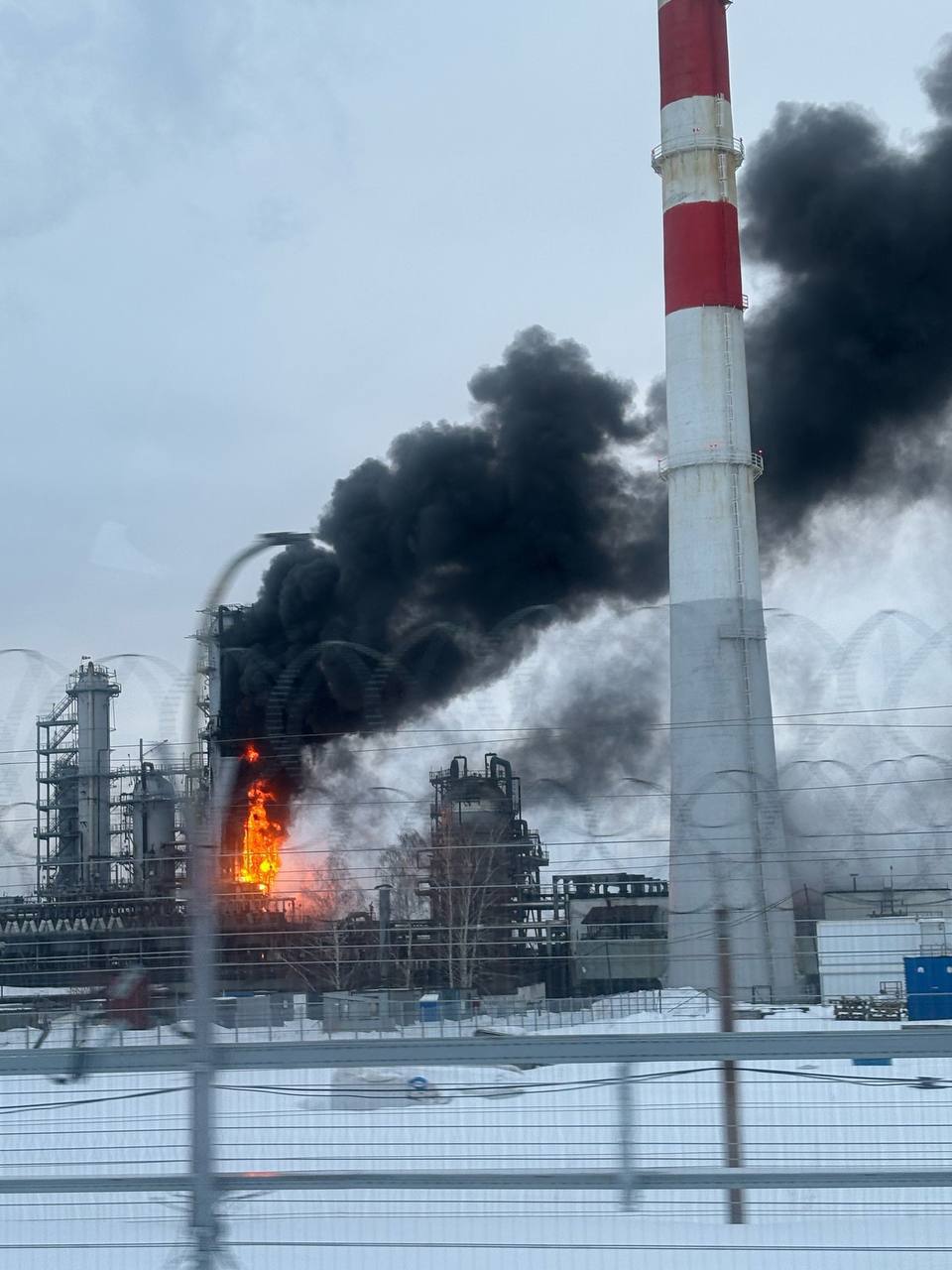
Ukrainian opposition introduces bill to ban Russian oil transit
The European Solidarity party, led by former President Petro Poroshenko, registered bill No. 12380 in the Ukrainian Parliament on 7 January, proposing to ban Russian oil and gas transit to the EU through Ukrainian territory during martial law, Liga reports.
Amid the ongoing Russo-Ukrainian war, Ukraine terminated Russian gas transit on 1 January following the expiration of the five-year contract between Gazprom and Naftogaz. The Russian oil transit contract remains valid for five more years, following a ten-year extension agreement between Ukraine’s Ukrtransnafta and Russia’s Transneft from 1 January 2020 to 1 January 2030.
According to MP Iryna Herashchenko, co-author of the bill, the legislation directly prohibits Russian oil transit through Ukraine via all transport infrastructure, including the Druzhba pipeline. The government would need to develop a mechanism and schedule for complete transit termination within three months of the law’s adoption.
In 2024, Ukraine intensified its drone attacks against the Russian oil industry, significantly disrupting fuel supplies crucial for the Russian military, while simultaneously decreasing the Kremlin’s export revenues. A legal ban on ongoing Russian oil transit will help cut Russia’s revenue sources, reducing its ability to sustain its invasion of Ukraine.
The lawmakers also registered draft resolution No. 12381, addressing the Cabinet of Ministers regarding urgent measures to stop Russian oil transit in the interest of Ukraine’s national security. The resolution requires the government to develop and present a termination plan within 30 days of adoption, conduct economic, social, and environmental impact assessments, and coordinate steps with international partners to avoid negative diplomatic or economic consequences.
The bill allows exceptions only for fulfilling international obligations or EU decisions.
The European Union implemented partial embargo on Russian oil imports on 5 December 2022, which currently excludes supplies via the southern branch of the Druzhba pipeline to Hungary, Slovakia, and Czech Republic. While Czech Republic plans to abandon Russian oil in 2025, Hungary and Slovakia have not announced similar intentions.
Related:










